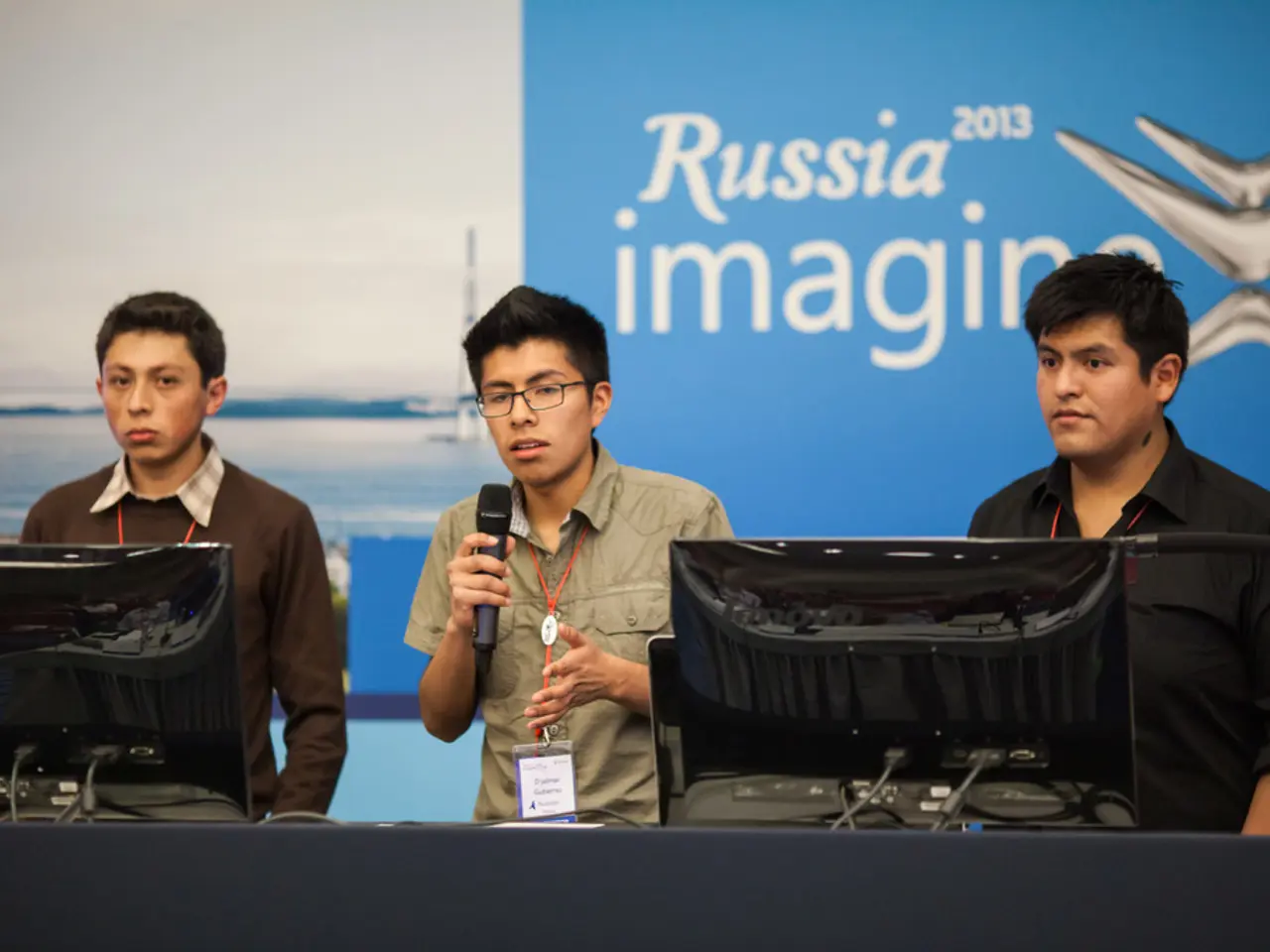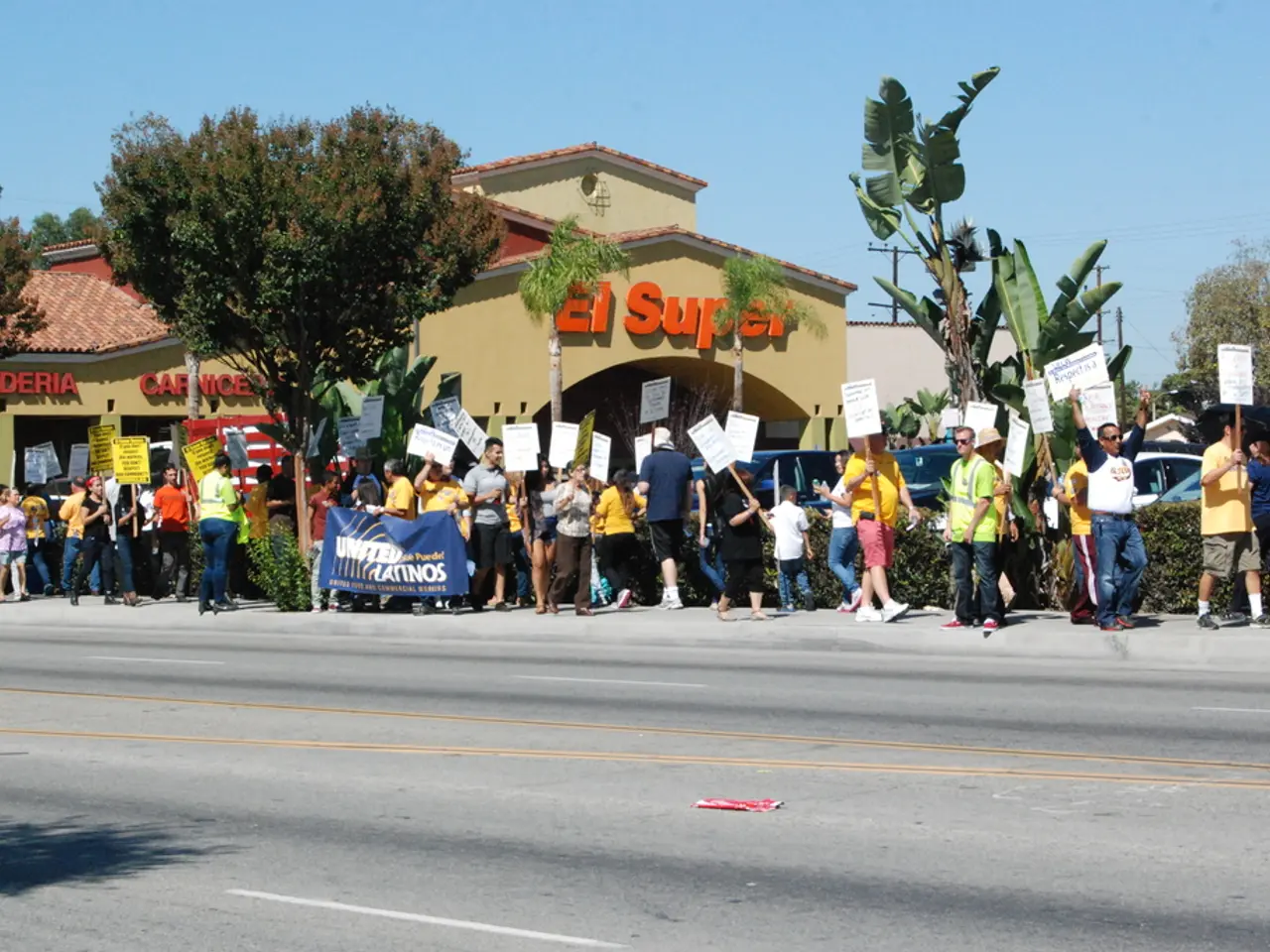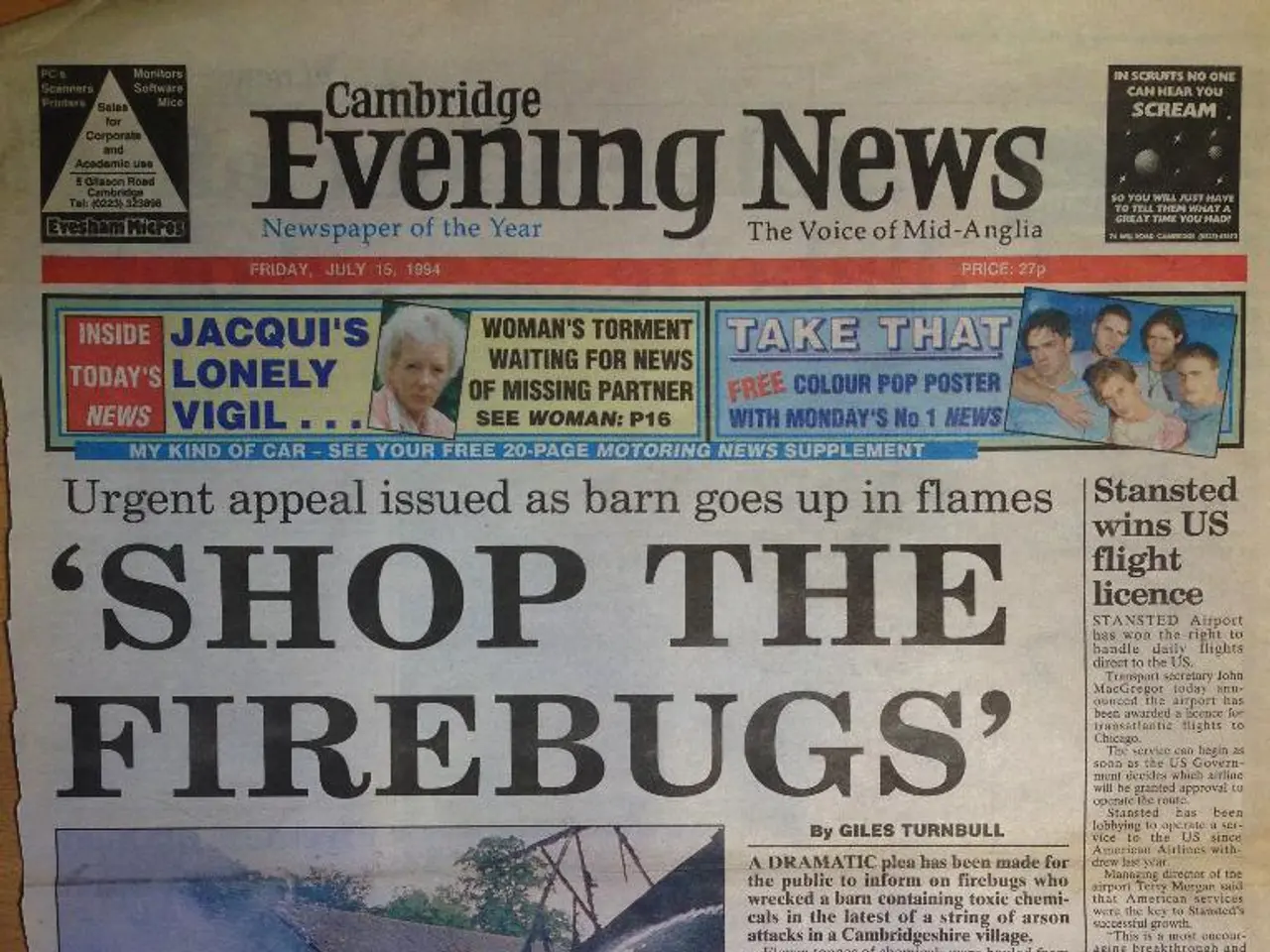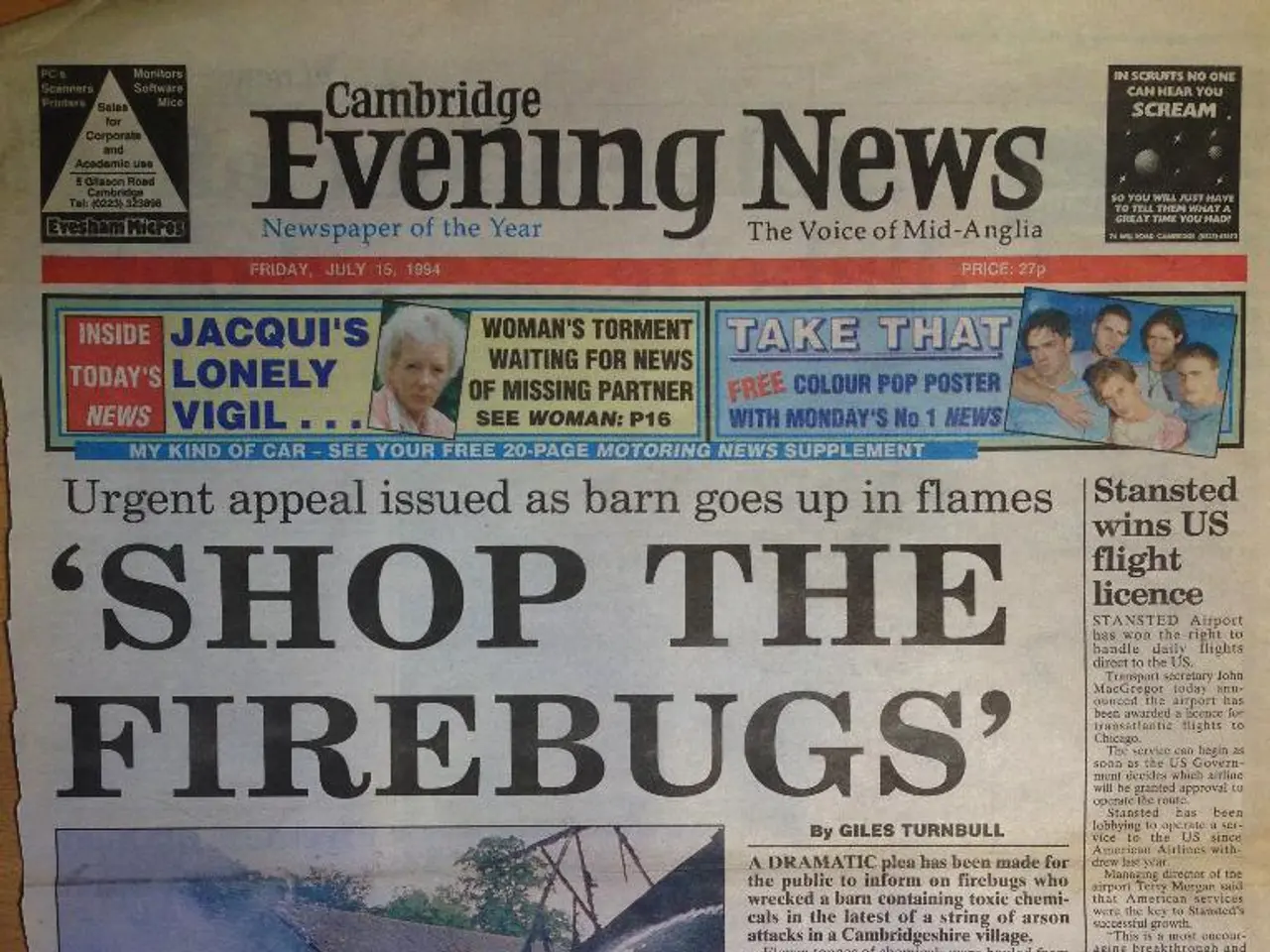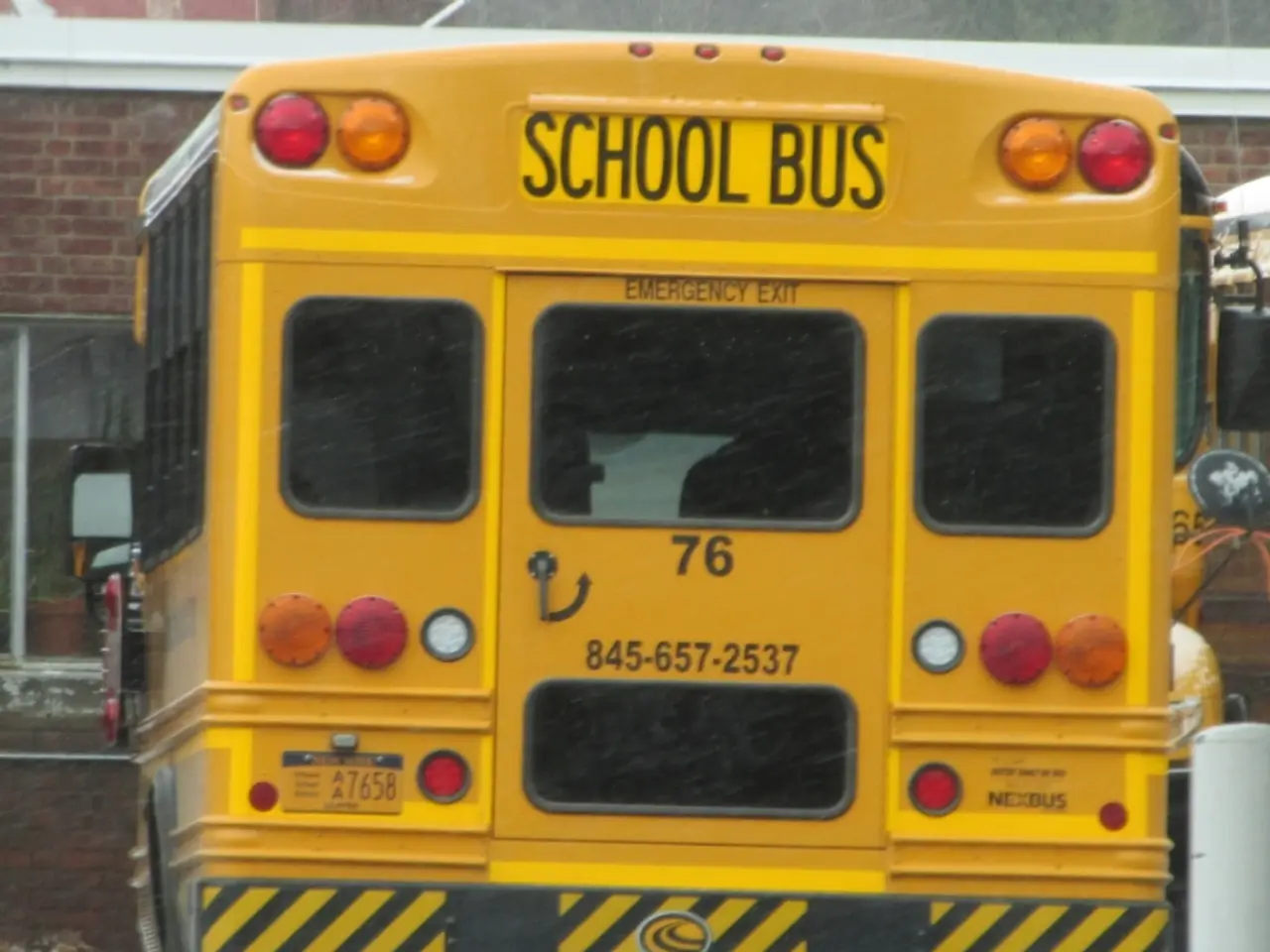EU Sanctions Against Russia: Slovakia Relents on Previous Opposition
The European Union (EU) has taken a significant step in its response to the ongoing war in Ukraine, as it approved the 18th round of sanctions against Russia on July 18, 2025. This latest package includes measures aimed at significantly weakening Russia's war capacity, such as lowering the price cap on Russian oil exports to third countries and banning transactions with 22 Russian banks and the use of underwater Nord Stream pipelines.
A key development enabling this round of sanctions was Slovakia's decision to end its weeks-long resistance. Led by Robert Fico, Slovakia had previously blocked decisions due to concerns over its dependence on Russian gas imports. However, Fico dropped his opposition after securing guarantees from the EU on gas prices and a plan for Slovakia to phase out Russian gas imports by the end of 2027.
EU foreign policy chief Kaja Kallas described the new measures as "one of its strongest sanctions packages against Russia to date," emphasizing that each sanction is intended to undermine Russia's ability to wage war and reaffirming Europe's unwavering support for Ukraine. The lifting of Slovakia's veto marked a critical moment, enabling the EU to maintain and intensify pressure on Russia despite the complexity of varying national interests within the bloc.
Meanwhile, in Ukraine, the government has been dealing with a series of drone attacks. Reports indicate that at least one person has been killed and five others injured in drone attacks on the cities of Dnipro and Nikopol. Additionally, 23 drones hit 5 locations in Ukraine, with 36 being destroyed. Russia claims to have intercepted and destroyed 126 Ukrainian drones.
In response to these attacks, Ukraine aims to increase the share of domestic weapons in its army to 50 percent within six months. The government has also taken steps to strengthen its ground-based air defense, with Switzerland set to receive five Patriot systems ordered from the USA in 2022, albeit with a delay.
The Russian government's hesitation in pushing forward with privatization is being criticized for not helping to plug budget gaps in Russia. Meanwhile, top managers of some of Russia's largest banks have discussed applying for a state bailout, as the financial situation in the country continues to deteriorate.
In other news, the German-British Friendship Treaty is set to elevate the relationship between the two countries, focusing on defense, migration, and trade. Ukraine's President Volodymyr Zelensky has also nominated former Justice Minister Olha Stefanishyna as Ukraine's ambassador to the US.
In Ukraine's new government, Taras Kachka will replace Olha Stefanishyna as deputy prime minister for European and Euro-Atlantic integration. The Ministry of Social Policy will be renamed the Ministry of Social Policy, Family, and Unity. The Ministry of Energy will be led by the current Minister of Environment, Svitlana Hrynchuk, and the Ministry of Economy, Ecology, and Agriculture will be merged into one ministry, led by Oleksii Sobolev.
The dismissed prime minister Denys Shmyhal is set to become defense minister in Ukraine's new government. Anatoli Artamonov, a prominent figure, has warned that Russia's financial situation is deteriorating and immediate measures are needed to stabilize it.
The ongoing conflict in Ukraine continues to have far-reaching effects, with both the EU and Ukraine taking various measures to strengthen their positions. The EU's unified and firmer sanctions regime on Russia is a significant step in this direction, as it aims to undermine Russia's ability to wage war and reaffirm Europe's support for Ukraine.
- Discussions surrounding the EU's community policy and employment policy may need to address the economic implications of the ongoing sanctions against Russia, as the financial situation in Russia continues to deteriorate.
- The ongoing war-and-conflicts in Ukraine, such as the recent series of drone attacks, highlight the need for a robust General News reporting, specifically crime-and-justice coverage, to keep the public informed about the situation.
